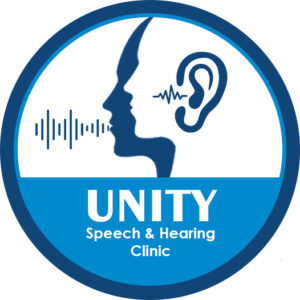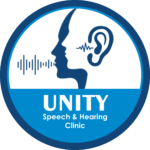
Speech therapy is a type of therapy that helps people improve their communication skills. Speech therapists, also known as speech-language pathologists (SLPs), work with people of all ages who have difficulty speaking, understanding language, or swallowing.
Speech therapy can help people with a variety of communication disorders, including:
Articulation disorders: Difficulty making certain speech sounds
Language disorders: Difficulty understanding or using language
Fluency disorders: Stuttering or cluttering
Voice disorders: Problems with the voice, such as hoarseness or weakness
Swallowing disorders: Difficulty swallowing food or drinks
Speech therapy can also help people who have communication problems caused by other conditions, such as stroke, brain injury, autism spectrum disorder, and cerebral palsy.
How it works
Speech therapy typically involves individual or group sessions with an SLP. The SLP will assess the person’s communication skills and develop a treatment plan based on their individual needs. Treatment may include activities such as:
Practising speech sounds
Learning new vocabulary and grammar skills
Improving fluency
Strengthening the voice
Learning swallowing techniques
Speech therapy can be a challenging process, but it can be very rewarding. With regular therapy, most people can make significant improvements in their communication skills.
When does one need to consult for speech therapy?
There are a number of reasons why someone might need to consult for speech therapy. Some of the most common reasons include:
Difficulty speaking clearly
Difficulty understanding what others are saying
Stuttering or cluttering
Hoarseness or other voice problems
Difficulty swallowing food or drinks
Delayed language development
Autism spectrum disorder
Cerebral palsy
Down syndrome
Stroke
Brain injury
If you are concerned about your own or your child’s communication skills, it is important to consult with a speech therapist. An SLP can assess your communication skills and determine if speech therapy is right for you.
Benefits of speech therapy
Speech therapy can offer a number of benefits, including:
Improved communication skills
Increased confidence
Reduced frustration
Improved social relationships
Better academic performance
Increased independence
Types of speech therapy
There are many different types of speech therapy, each of which is designed to address a specific communication problem. Some of the most common types of speech therapy include:
Articulation therapy: Helps people learn to make certain speech sounds correctly.
Language therapy: Helps people improve their understanding and use of language.
Fluency therapy: Helps people who stutter or clutter improve their fluency.
Voice therapy: Helps people with voice disorders improve the quality of their voice.
Swallowing therapy: Helps people with swallowing disorders learn to swallow safely and effectively.
How to find a speech therapist
If you are interested in finding a speech therapist, there are a number of resources available to you. You can ask your doctor for a referral, or you can contact your local school district or hospital. You can also search for speech therapists online.
When choosing a speech therapist, it is important to consider their experience and qualifications. You should also make sure that you feel comfortable with the therapist and that you trust their judgment.
Speech therapy can be a valuable tool for people of all ages who have communication problems. With regular therapy, most people can make significant improvements in their communication skills. If you are concerned about your own or your child’s communication skills, please consult with a speech therapist.
Here are some additional tips for finding a speech therapist:
Look for a speech therapist who is licensed and certified by the American Speech-Language-Hearing Association (ASHA).
Ask about the therapist’s experience with the specific type of communication problem that you or your child has.
Make sure that the therapist is a good fit for your personality and learning style. Once you have found a speech therapist, be sure to ask them questions about the therapy process and what to expect. Speech therapy can be a challenging but rewarding experience, and it is important to be prepared for the journey.


